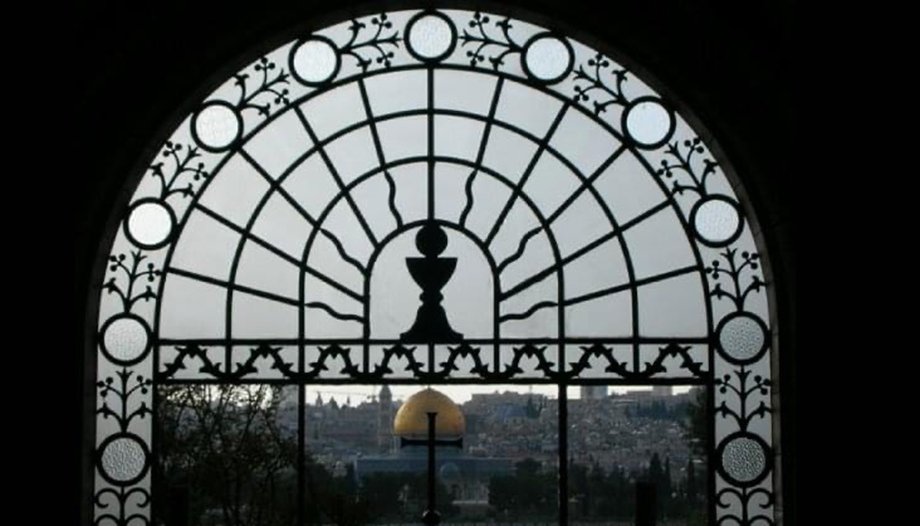Commentary on the Palm Sunday Readings
Jesus prepared his own in many ways for those Passover days. On entering Jerusalem, he wept for the beloved city that did not realize it was being visited by the Son of God. At the Last Supper he manifested his ardent desire to eat with them a unique Passover, with total self-giving, in communion with them. He dedicates himself with patience to correct once again their eagerness to be the greatest among them. He anticipates Judas' betrayal, and Peter's denial and repentance. In spite of their limitations and betrayals, Jesus renews their trust: "...".You are the ones who have persevered with me in my trials.". To Peter: "And you, when you are converted, confirm your brethren.". He supports them with the prophecies: it is necessary that what is written be fulfilled in me: "He was numbered among sinners".
In the account of the prayer in the garden, Luke prefers not to name the three favorite disciples. All the apostles try to pray with Jesus and they all fall asleep. As a good physician and disciple of Jesus, he excuses them by saying that this happened "out of sadness". An angel appears to comfort Jesus, and the somatization of his state of mind: "He was overcome by a sweat like drops of blood that fell on his face.ían to the ground". Already the Son of God becomes a point of reference for every person who in history is betrayed by friends and denied by brothers, captured, imprisoned, judged and condemned. Luke speaks of the beatings and mockery of those who have him in custody, but does not mention the crown of thorns and scourging. The interrogation before the Sanhedrin is followed by that of Pilate, and Luke adds, unique among the evangelists, the third interrogation before Herod to which Jesus opposes an eloquent silence, and thus relates the death of Jesus with that of John the Baptist, his precursor also in this.
On the way to Calvary and in the crucifixion and death on the cross, protagonists are also the characters who interact with him, and who, thanks to his cross, are converted. The women of Jerusalem, who beat their breasts: "Don't cry for me!". Simon of Cyrene, who as a good and faithful bearer of the cross "behind Jesus". The two evildoers make the journey and are crucified with him. Of these, the first to experience the saving efficacy of the cross is the good thief. The soldiers mocked him, but when the centurion saw his death, he said, "...the thief is the first to be crucified.Truly, this man was righteous.". The crowd that looked on passively, now goes away beating their breasts. The Sanhedrin provoked him to come down from the cross, but Joseph, one of them, being good and just, asked for and obtained the body of the Lord and placed it in a new tomb. On the third day it will be empty forever, a sign of the resurrection.
The homily on the Palm Sunday Readings
The priest Luis Herrera Campo offers its nanomiliaa small one-minute reflection for these readings.









